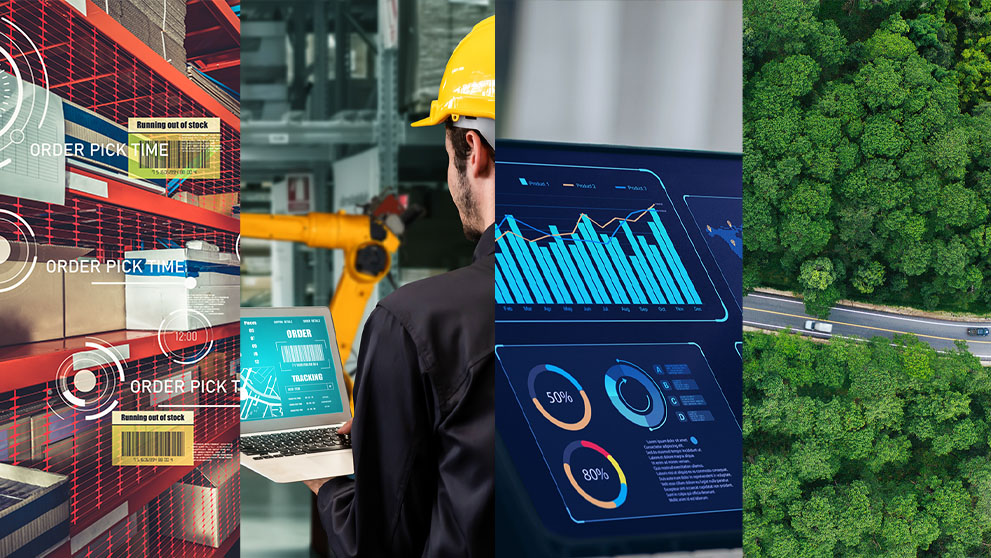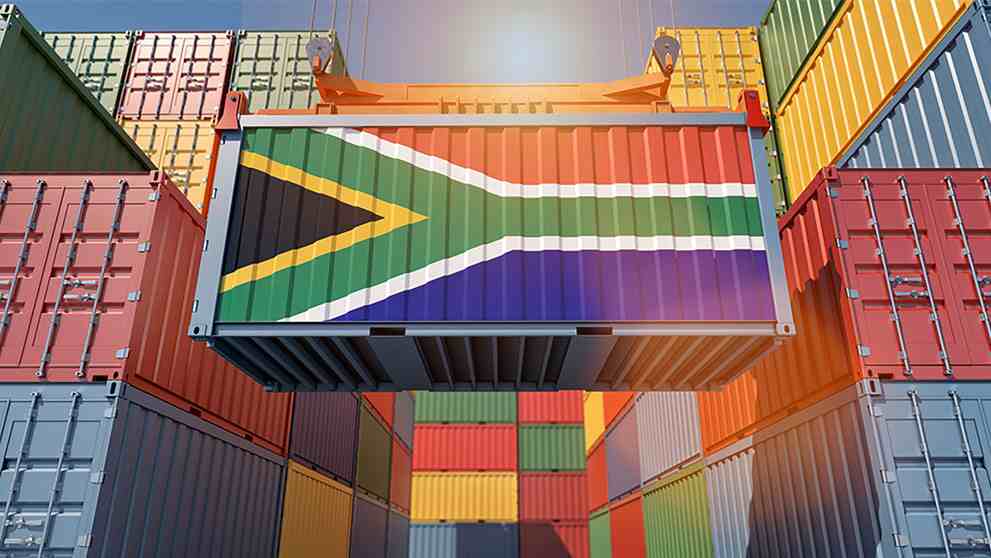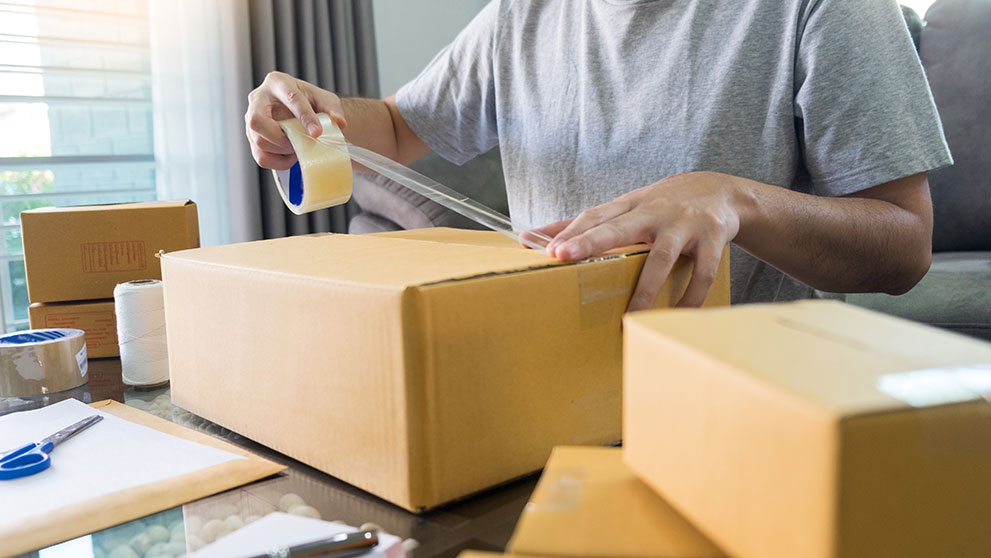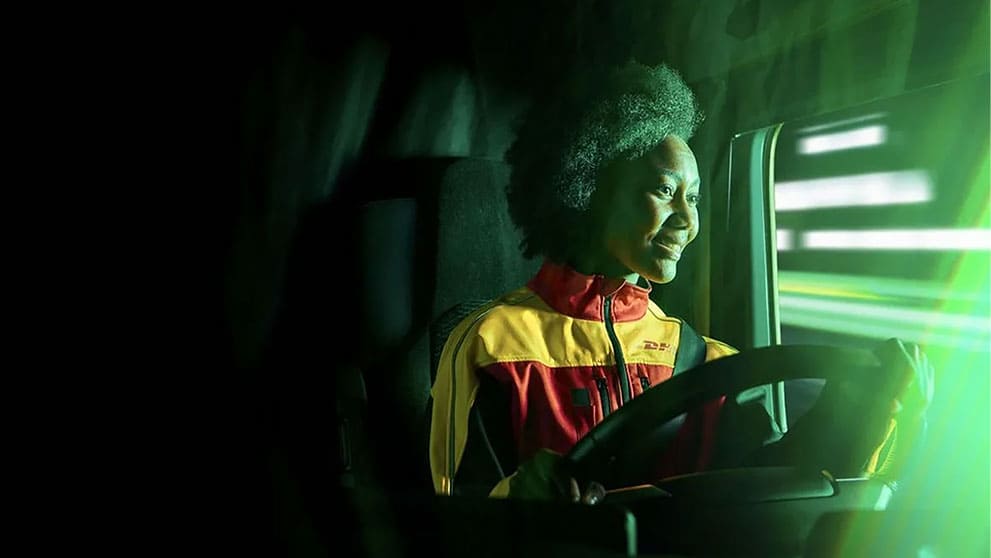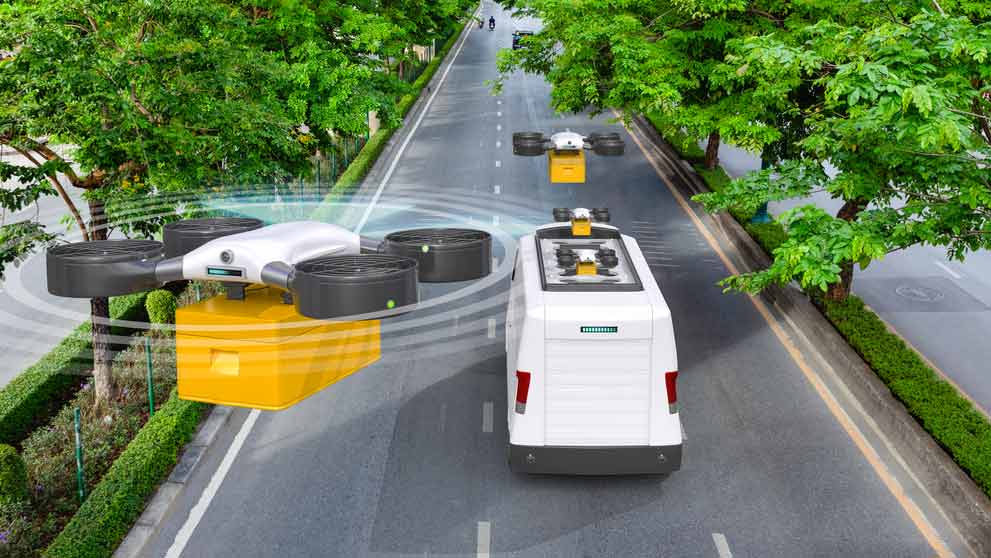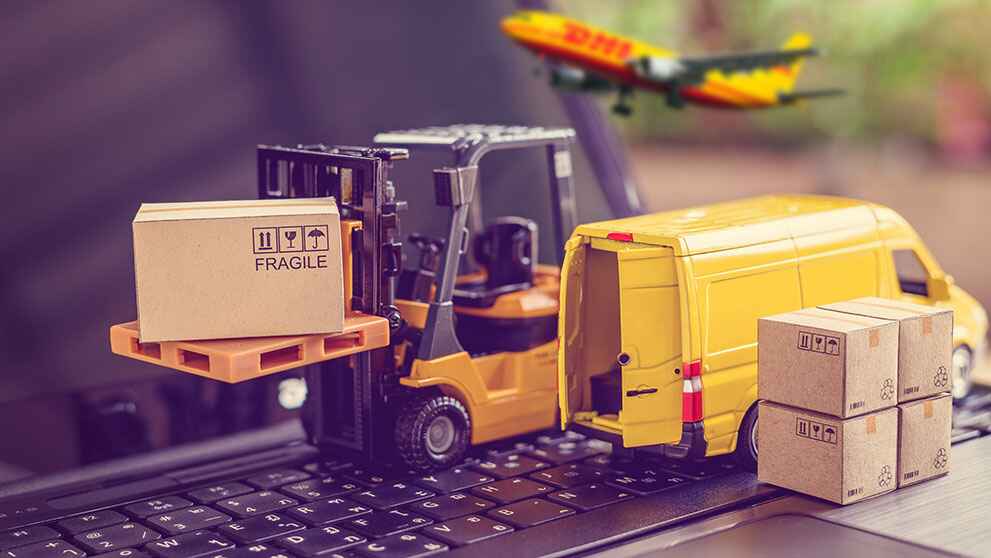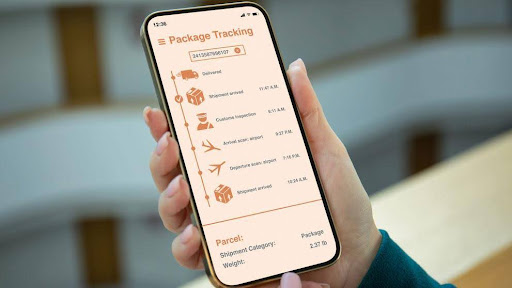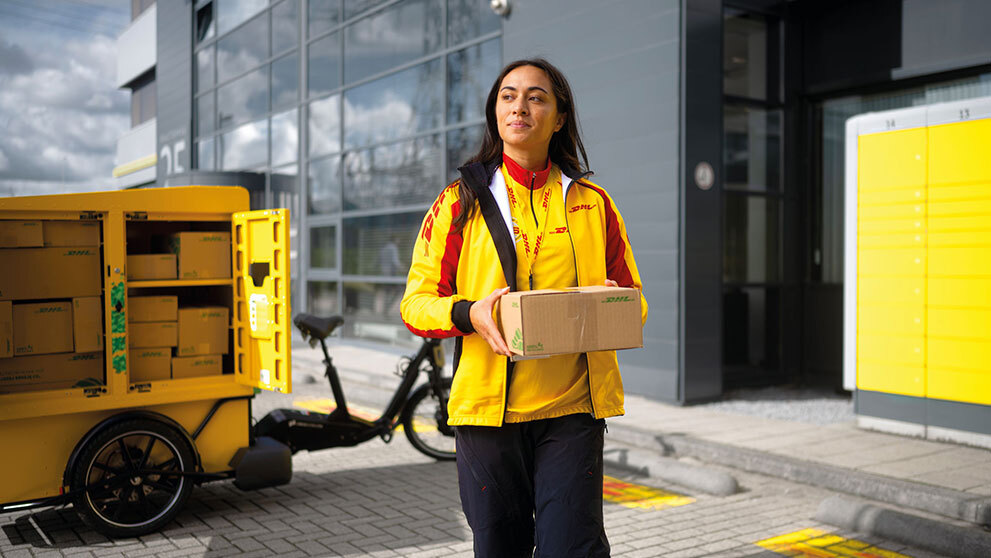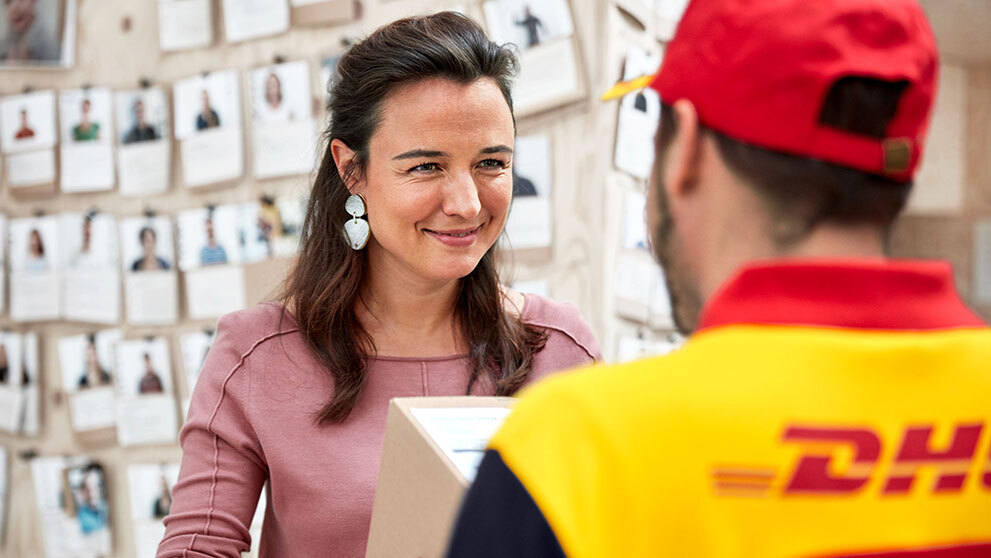Picture this: You've just scored a designer jacket from your favorite online store, but when it arrives, it's not quite right. In a perfect world, you'd pop into the nearest store and swap it – no stress, no drama. But in South Africa, where load-shedding meets logistics, returning products isn't always that simple.
The New Retail Reality
South African shoppers are embracing digital transformation like never before. We're buying everything from braai spices to smart TVs online, but we still want the flexibility to return items at physical stores. This shift has created a new challenge for retailers: managing returns across multiple channels while navigating South Africa's unique infrastructure landscape.
The Return Journey: More Complex Than You Think
When a customer returns a product, they set off a complex chain of events that would make a GPS recalculate multiple times. This 'reverse logistics' process isn't just about getting items back to warehouses – it's about managing repairs, exchanges, and recycling across various platforms, from WhatsApp to walk-in stores.
Recent data shows that South African retailers face return costs up to 15% higher than global standards. Between unexpected power cuts disrupting warehouse operations and infrastructure challenges affecting transportation networks, managing returns efficiently requires both innovation and resilience.
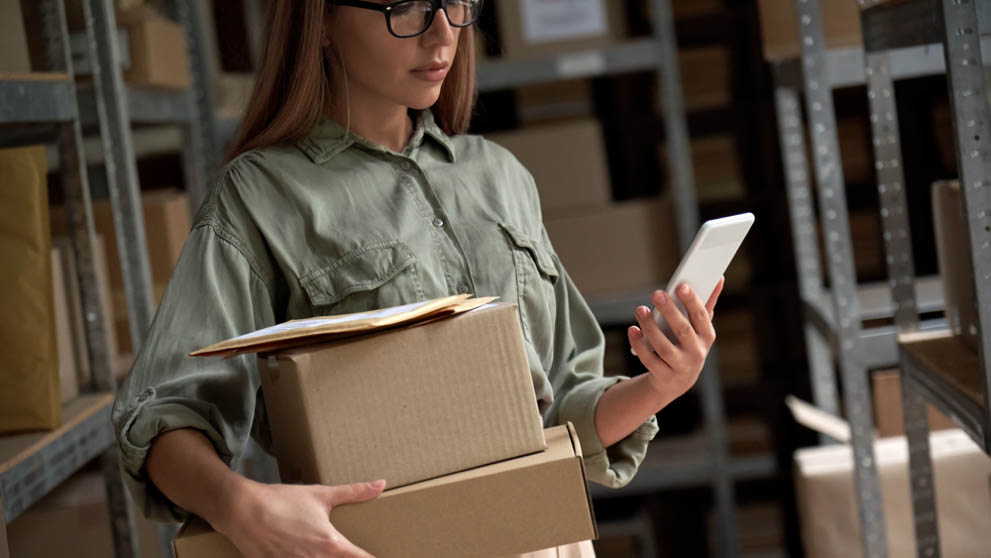
Smart Solutions for South African Challenges
Visibility is Power
Modern tracking systems have become as essential as a backup generator. Real-time monitoring helps retailers spot potential delays before they escalate – whether it's a returned laptop stuck in Mpumalanga or a delayed shipment in Cape Town's port.
Flexibility: The New Business Currency
South African businesses have learned to pivot faster than a rugby player. Smart retailers now maintain strategic stock points across the country, from Johannesburg to Gqeberha, ensuring returns can be processed even when primary routes are compromised.
The Power of Partnership
In true South African spirit, collaboration is key. Small businesses are joining forces to share return logistics costs, while larger retailers are establishing partnerships with specialized logistics providers to streamline their reverse supply chains.
Technology with a Human Touch
While automation speeds up return processing, the human element remains crucial. Trained staff who can explain delays with authenticity – whether in isiZulu, Afrikaans, or English – help maintain customer trust during disruptions.
Sustainability: More Than Just Talk
Forward-thinking South African companies are turning returns into opportunities. A Cape Town-based retailer now repurposes returned clothing into school uniforms, while an electronics company in Pretoria has established a local refurbishment center, reducing both costs and environmental impact.
Government and Business: Better Together
Success in reverse logistics requires public-private collaboration. Companies are actively participating in infrastructure initiatives like the Durban-Free State-Gauteng Corridor project, which aims to reduce transportation bottlenecks.
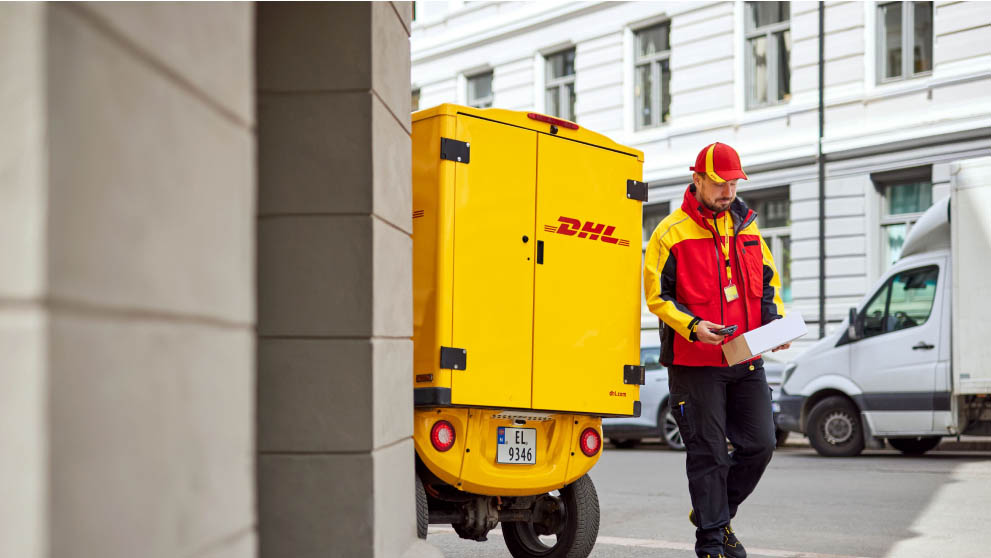
The Role of Professional Logistics Partners
In South Africa's complex retail environment, partnering with experienced logistics providers has become essential. These partnerships offer:
Advanced tracking systems that work even during network interruptions
Flexible delivery and return options adapted to local conditions
Security solutions designed for South African challenges
Sustainable practices that benefit both business and community
By opening a business account with DHL, retailers can benefit from their global expertise, advanced technology, and commitment to safety, ensuring that customers' orders are fulfilled seamlessly, even during disruptions.
Looking Ahead
As South African retail continues to evolve, successful reverse logistics management will depend on agility, innovation, and strong partnerships. Companies that embrace these challenges while understanding local nuances will not just survive – they'll thrive.
For retailers, the message is clear: investing in robust reverse logistics isn't just about managing returns – it's about building customer trust and business resilience in a uniquely South African context.

